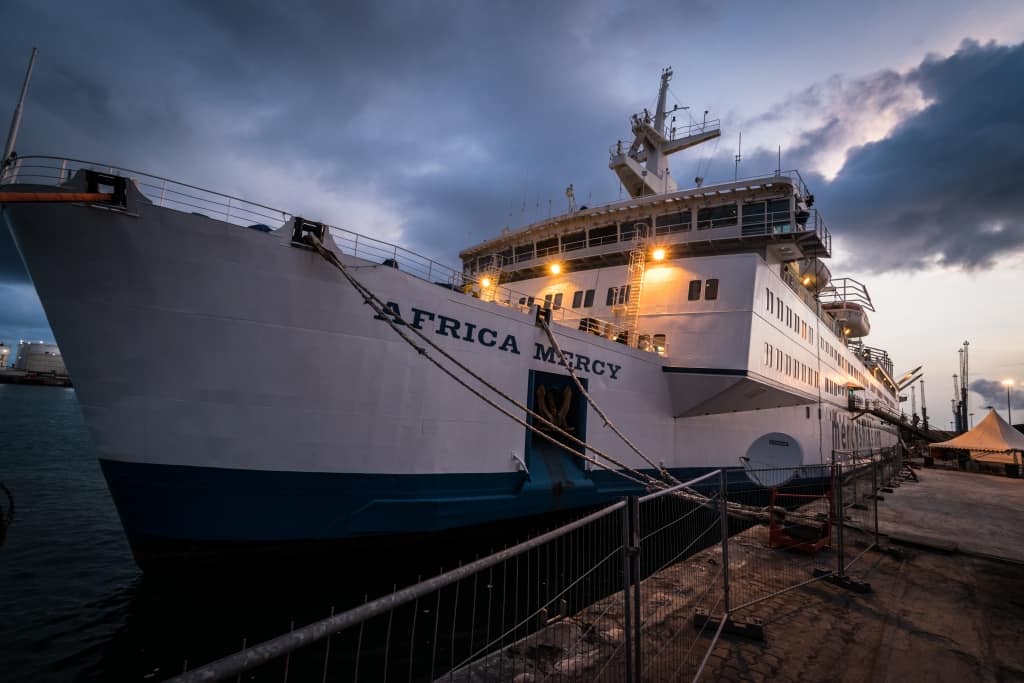
The Africa Mercy as the sun sets over the port of Cotonou, Benin 2017. Photo: Mercy Ships.
The main headlines about the G20 summit in the German city of Hamburg in June were about the heavy and destructive violence that was perpetrated by protesters. The fact that actual political agreements were made under the protection of a substantial security operation largely fell by the wayside. All the more reason to focus on what was actually achieved.
One example is Africa: in order to reduce social inequalities and differences in standards of living around the world the G20 member states founded an Africa partnership with the aim of enabling “sustainable and inclusive economic growth” on the continent. The initiative is especially keen on creating humane income opportunities for women and young people. At the same time the group wants to combat poverty and inequality as the main causes behind migration. The final communiqué made reference to a “partnership at eye level” as well as the private sector, improved opportunities for investments, sustainable infrastructure and even support in the educational sector.
So the discussion is focusing more or less on economic topics – and if one believes that investments and support for private enterprises does indeed contribute to wealth creation, that may be understandable. However, experience teaches that too often only few people benefit. The hope remains that the “sustainable economic growth” mentioned in the final communiqué actually does refer to a form of growth that’s ecologically sound while at the same time respecting social issues such as fair wages, humane working hours and employee participation.
One issue that the final document does not mention at all is healthcare. In many African countries the provision of medical services to the population is generally of a comparably low standard – apparently the G20 intends to leave this aspect to NGOs, charities and volunteers. We can bemoan that fact, or we can act ourselves.
One project that I find remarkable in this context is Mercy Ships, an NGO that aims to improve access to basic medical care in developing countries. The Africa Mercy is a non-military hospital ship. The entire crew of over 400 people consists of volunteers. Doctors and dentists aboard the ship are able to help in emergency situations. They are also able to perform surgical procedures that aren’t available locally in the country where the ship is moored. An additional important aspect is the fact that the crew takes on volunteers with other qualifications – recently, a nautical engineer from the Costa cruise group joined up. The NGO also co-operates with government agencies in order to improve local medical systems. All this work depends on donations.
What both kinds of development aid – private as well as public – should feature in practice is the approach at eye’s level. I suppose that many developmental measures have failed in the past because they didn’t take into account local cultures, special traditions or specific behaviours. If there’s one thing we should have learned during decades of international development aid it should be to not repeat those mistakes. Every culture requires its own individual approach.
More Information about Mercy Ships
Final communiqué of the G20 summit
 Monika Griefahn GmbH
Monika Griefahn GmbH
Leave a Reply